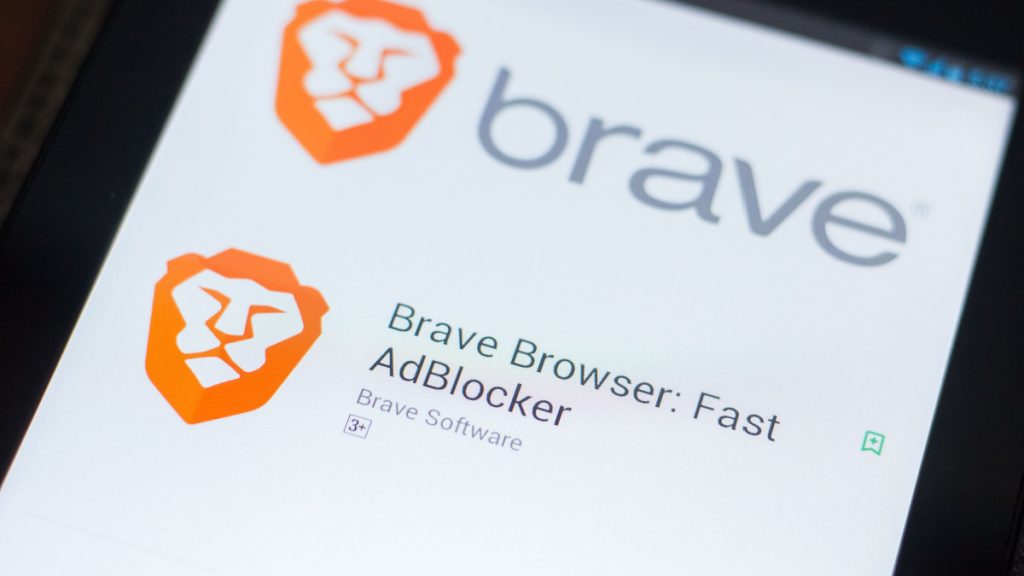
The widespread use of the Internet nowadays results in severe leaks of private information. Security breaches and hacker attacks have become commonplace, and numerous frauds and scams online are our present-day reality. Even if you do not feel endangered or extremely worried about your online security, there are certain factors to take into consideration when ensuring the privacy and security of your browser’s activity. In this article, we give you a list of the best browsers for privacy and security.
- Your browsing history is visible to everyone interested in it – from your boss or Internet provider to your family and friends – so you can never be sure that your preferences and activities will not be used against you.
- Your usernames, logins, and passwords are available when using specific plugins and attachments.
- The autofill data, such as a name, email, phone number, home address, and geolocation, can tell a lot about you to people who want to do something illegal and use your sensitive data for that.
- The websites you visit may have cookies or trackers that can quickly identify you.
You may argue that you usually browse the Internet from the ‘incognito’ mode, keeping you secure. Don’t get mistaken. Every site can see your computer’s IP address, so geolocation is not a secret to anyone. To hide it, you need to use a VPN.
However, you need different accounts for your job and everyday activities. Multi-accounting is also detected and blocked easily. So, you will need an anti-detect browser to use your preferable sites from the same device but with different accounts.
The best way to protect your sensitive information, though, is by using a reliable and secure browser with additional protection features.
Most Reliable and Best Browsers for Privacy and Security
When aiming to make the right browser choice, it is essential to understand its functionalities and performance for enhanced privacy and security. First, it has to protect you from malware, hackers, online fraud, and other vulnerabilities. It should only collect minimal private data and share it with third parties. It would be preferable to have control over all your sensitive information or hide it if needed. There is one more thing, though, there should be an option to block ads.
So, let’s consider the five best browsers to boost your privacy and security.
1. Tor Browser
Even Edward Snowden recognizes and appreciates the efficiency of this browser in data protection. It is a leading one in terms of anonymity. Tor uses onion routing: a layering connection method. While it does not connect immediately to the central server, it does go from one user to another and then connects to the hub. Each computer participating in this connection utilizes a digital thumbprint that can be identified.

The pros of Tor are apparent. Powerful encryption and connections via other anonymous users make your data completely undetectable. In addition, it can save you from browser fingerprinting due to features such as NoScript and HTTPS. That is why it can be used by those who don’t bear surveillance and censorship.
Same as everything else, the browser does indeed have its cons. First of all, it is much slower than other browsers. One of the reasons why not all websites can comply with it. It blocks tracking scripts, including JavaScript, so some information availability might pose a problem.
2. Mozilla Firefox
Mozilla Firefox is the third most popular browser on a global scale, directly after Chrome and Safari, with over 220 million active users. It is well-appreciated for privacy protection due to its cutting-edge feature, Enhanced Tracking Protection. It can block browser fingerprinting efficiently. Therefore, if you apply a multi-browser strategy, then Firefox is your ideal option. The Tracking Protection can block trackers on social media, and eliminate cross-site cookies, fingerprinting scripts, and all kinds of tracking in private windows.

Nowadays, the browser’s developers continue to work on improvements, and this covers browser data storage to track users on the Web. Said feature will allow for further customization of privacy features.
Another feature emerges to the scene, Firefox Focus, used for iOS and Android to block ad trackers.
If we examine the indisputable advantages of this browser, Firefox is open-source software. Everyone can see the source code. There are a lot of customization options allowing different levels of privacy. They can be independently set up by users, where multiple protection layers account for advanced fingerprinting security, alerts in case of a data breach, and 256-bit encryption of passwords. You can enhance your privacy with a lot of cutting-edge add-ons.
However, Firefox’s support system and instructions are a bit difficult to navigate, adding to the fact that it offers fewer extensions than Chrome. Though, if appropriately modified, Firefox is a great privacy browser.
3. GoLogin
This cutting-edge anti-detect browser provides excellent communication making a great addition to our list of the best browsers for privacy and security. The proactive development team has considered all the challenges users may encounter online. And the pricing policy is also pretty appealing. Customer reviews on independent websites argue this browser is very effective as it can protect your identity while ensuring secure performance online at full.
The system utilizes its own web GoLogin browser and is based on Google Chrome but does not replicate it. It can hide the browser footprint completely – given it replaces most parameters that are used for tracking. The software may require more verification procedures, though the results are impressive. The outcomes may depend on the configurations of the computer, but you will feel protected either way.
The browser has an intuitive interface and is very easy to use. It also includes proxies, and we all know they work perfectly for general browsing. The software has an Android app, so you can access anything you would like to from the cloud settings.
The system offers a free plan for three profiles and the Premium payable plan for much more profiles and extended collaboration options. You can work efficiently as a team with it.
The browser is meant for Linux, Android, macOS, and Windows operating systems, as well as for cloud services. It offers a 7-day trial period to help you decide whether the system works well for you.
4. Brave Browser
This browser is brand-new. It is chromium-based and allows for blocking cookies and third-party ad trackers, as well as fingerprinting. It has over 50 million active users per month.

It has just launched Brave Search to provide complete private and privacy-protecting ads payable for both users and publishers. The head of the project is Brendan Eich, who is also a co-founder of Mozilla and Firefox, two different browser development companies.
Many users believe Brave is the most private browser of all those existing today. It does not use any identifiers that allow tracking IP addresses. It does not store nor share the details of website use, either. The browser uses unique privacy-enhancing settings that block unsecured connections and fingerprinting.
The most positive feature of Brave is its privacy by default. In addition, it is speedy and does not use any conventional advertising policies. However, they say no browser can be completely perfect, and there were some issues with Brave in the past, though now you cannot spot any negatives in it.
5. Epic Browser
When you start using this Browser, all privacy settings are turned on by default. They efficiently block cookies, ads, and data-tracking systems. The configurations of Epic can be individually set up to improve the convenience of use. The developers have promised extreme privacy, including the absence of autofill, spell-check, auto-syncing, and plug-ins. All these features are closed by default, too.
The Browser does not store any browsing histories, private databases, or login data. It does not save links, either, when you type an address. The Browser does not cache the data and also blocks RTC calls. Epic is your best choice if you want to protect the information about your location and device details. It is a severe privacy-protection development meant for those who want to keep their online presence anonymous.
One of Epic’s primary positive features is that it automatically chooses SSL connections and tracks how many cookies it has managed to block and who they are from. The minus of the system is that it uses the Chromium code as a base. In addition, it is not open source. However, Epic is equally available for Windows and macOS.
Final Thoughts
Here are only five options best browsers for privacy and security you can use in 2022. There are many others, so you need to do a lot of research before you opt for one that is most suitable for your browsing needs.
We believe that our tips and recommendations will give you some idea about how to make your Internet presence more secure and what tools to choose for that.
Inside Telecom provides you with an extensive list of content covering all aspects of the Tech industry. Keep an eye on our Cybersecurity section to stay informed and updated with our daily articles.